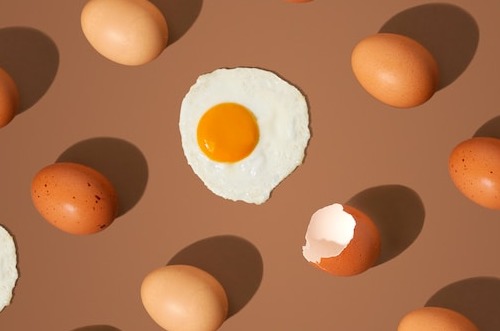
In W33 in the chicken-egg landscape, in Poland, on August 14th, the Veterinary Officer of Podlaskie Voivodeship urged commercial chicken and turkey breeders in the region to report to veterinarians about the mandatory poultry vaccination against Newcastle disease. This requirement will apply to approximately 200 flocks of chickens, totaling around 1.2 million birds (chickens and turkeys) on commercial farms. There are available vaccines against Newcastle disease for these species. The county veterinarian in Białystok has conducted 2 thousand inspections so far, including 815 on non-commercial farms and 27 on commercial farms within the designated protection zone due to the disease. It is expected that these areas can return to normal conditions around mid-Aug-23, 30 days after the final disinfection.
In the Netherlands, many poultry farmers have joined a joint initiative by the LTO/NOP poultry farming group and the Dutch Poultry Farmers' Union (NVP) to take collective action against the egg cartel. Allegations involve unlawful agreements among traders regarding egg prices and purchase terms, as well as market division by determining which poultry farmer each trader would buy eggs from. The impact of the cartel extends beyond just those supplying it, potentially affecting other egg suppliers and buyers. A significant portion of the market has already registered for this action, with the number of registrations rising.
In Belgium, Flanders aims to eliminate cage systems for laying hens and rearing farms, as outlined in the Flemish Codex Animal Welfare. This move is intended to enhance animal protection and align with modern standards. The plan includes phasing out cage systems, though the proposed 12-year transition period has raised concerns among poultry farmers and activists. Additionally, the killing of day-old chicks is prohibited in Flanders. The Flemish Animal Welfare Code, which expands animal protection measures, has received preliminary approval from the Flemish Council of Ministers. The plan aligns with the European ban on classic cages, allowing only enriched cages with enhanced features for laying hens.
Lastly, the South Korean Ministry of Agriculture, Food, and Rural Affairs is importing broiler chicken eggs to stabilize chicken prices, which recently surged due to supply shortages. This marks the first instance of importing commercial chicken eggs for breeding purposes, as opposed to the 2017 import of laying hens due to Avian influenza . Moreover, South Korea plans to import approximately 5 million eggs from the Netherlands via Harim and Dongwoo Farm to Table and supply about 4 million hatched chicks to farmhouses. Considering the breeding timeline, broiler chickens are expected to enter the market in October. The Ministry is offering a partial subsidy to bridge the gap between domestic chick prices and the expenses associated with producing chicks hatched from imported eggs.